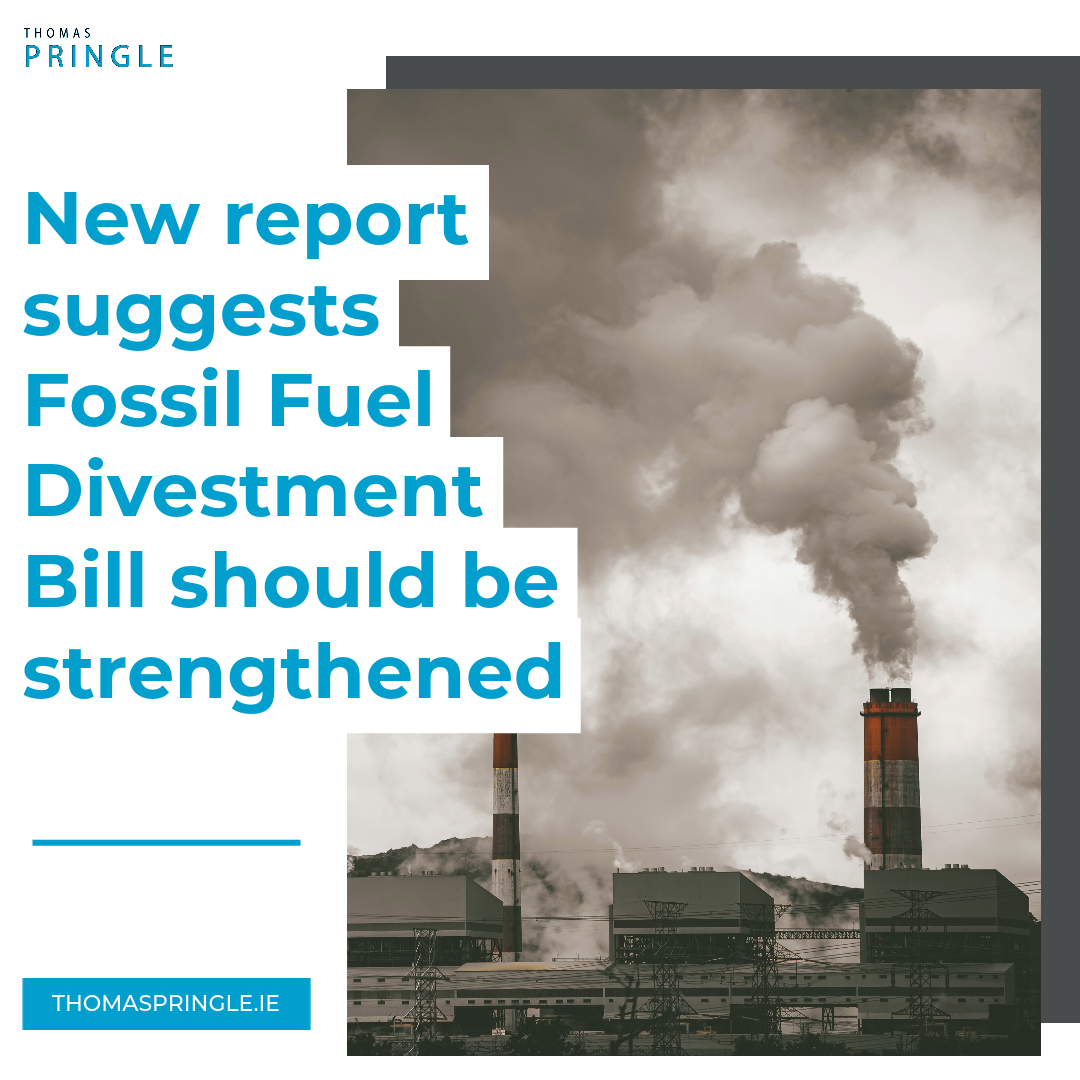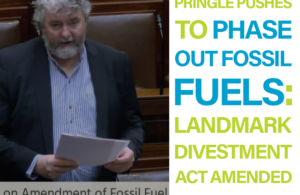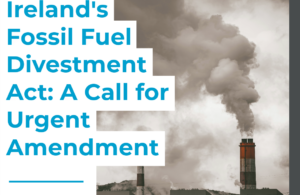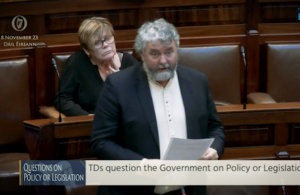- Pringle: We need a policy that recognises the importance of inshore fishing
- Pringle: Disabled people and carers face crisis of State neglect
- Pringle: Failed FF/FG housing policies forcing people to put their lives on hold
- Pringle welcomes Donegal council motion on Occupied Territories Bill: ‘We cannot stand by in the face of genocide’
Pringle: New report suggests Fossil Fuel Divestment Bill should be strengthened
- Updated: 5th September 2023

Independent TD for Donegal, Thomas Pringle, said a new report suggests his Fossil Fuel Divestment Bill should be revisited to close any further avenues toward investment in fossil fuels.
Deputy Pringle said: “The new report from ActionAid Ireland released today (Monday, Sept. 4th) shows that as of January this year funds registered in Ireland hold €5.7 billion in bonds and shares in climate-harming activities in the Global South.”
The Fossil Fuel Divestment Bill 2016, which Deputy Pringle introduced, made Ireland the first country in the world to divest public money from fossil fuel companies and received cross-party and Government support.
Deputy Pringle said: “The focus on financing has moved on since that bill was passed, and our legislation needs to adapt to it. I believe we need to look to amending the Fossil Fuel Divestment Bill to make it more responsive to these concerns.”
The ActionAid Ireland report, How the Finance Flows: The Banks Fuelling the Climate Crisis and Ireland’s Role in Enabling This, also noted that as of January this year, Irish financial institutions held €12.1 million of investments in fossil fuels, and of this the Ireland Strategic Investment Fund held €10.4 million, mostly in bonds issued by Chinese electric utility company State Grid Corporation of China.
Deputy Pringle said: “This report outlines very starkly the global funding of harmful fossil fuel industries, and we must make sure our legislation keeps up with the research into the broader impact.”
Earlier this year, new research pointed to the wider impact of Ireland’s decision to divest itself of fossil fuels in response to Deputy Pringle’s bill.
The Financial Times reported in April on a study by academics at Solvay Brussels School of Economics, Stockholm School of Economics and Harvard Law School that found the social media impact of divestment decisions led to a much larger financial impact on the companies’ market values, and cited the Irish example. Researchers found that in the three days around the 2018 news of the vote to divest that $14 billion – or 3.1 per cent – was wiped off the collective market values of the biggest oil and gas companies in the United States.
Deputy Pringle said: “Climate change is the defining issue of our time and we have seen how Ireland can be a leader in the global debate. I believe it is important for us to continue this leadership as the work continues.”



